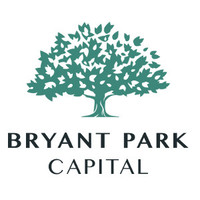AxiaFunder Receives Direct Authorization from FCA
AxiaFunder, the innovative litigation funding platform, has achieved a new milestone in the company’s trajectory, as it has been granted direct authorization from the Financial Conduct Authority (FCA) in the UK. This latest step follows a strong 2022 for the funder, having launched a new portfolio product in July of last year. An article by Peer2Peer Finance News reveals that AxiaFunder was directly authorized by the FCA last week, allowing it to further streamline its operating model. The funding platform had previously acted as an appointed representative of principal ShareIn, who will now act in a supporting role by providing AxiaFunder with compliance and onboarding services. AxiaFunder’s chief executive, Cormac Leech, stated that now that it has been directly authorized by the FCA, the company can focus on its growth plan which involves establishing working relationships with law firms and brokers to maximize its inflow of easy-to-process and smaller scale cases. Leech outlined the funder’s 2023 objective to achieve £1 million in funding per month by the end of the year.



